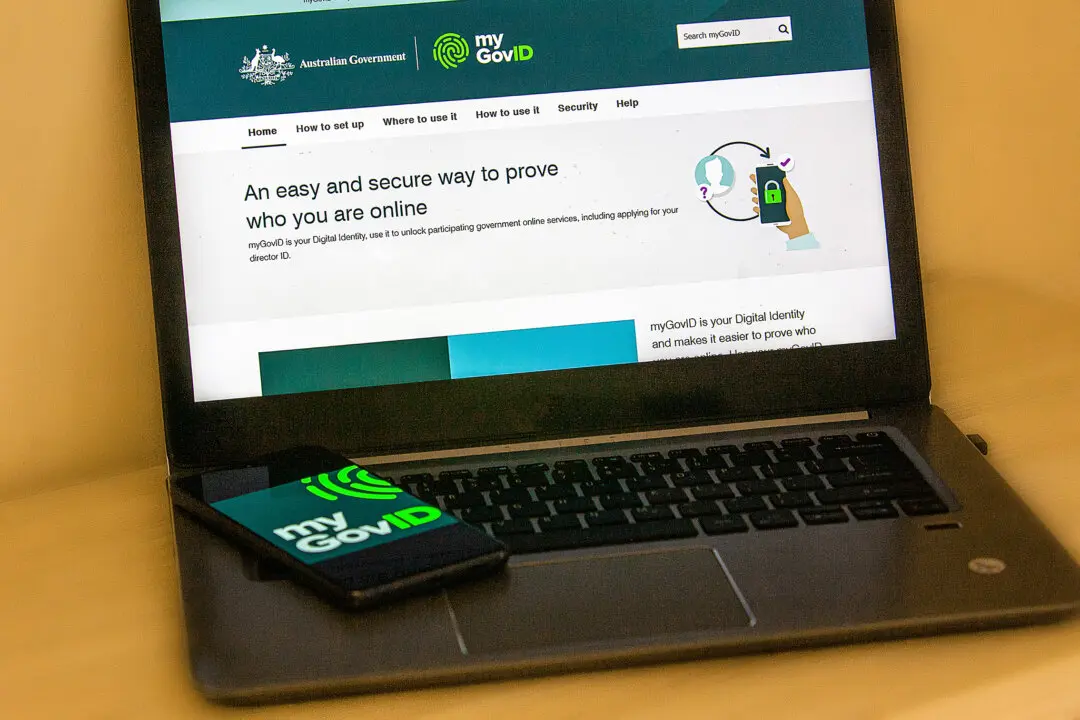An Australian senator has expressed his concerns over the federal government’s proposed national digital ID scheme, saying there are risks personal data could be even more centralised.
“I’m concerned about the risks of centralising data here, especially potentially biometric information, which can’t be changed if and ever it is leaked in a mass way,” Senator Matt Canavan told a Senate Committee hearing investigating the Digital ID (Transitional and Consequential Provisions) Bill 2023 on Feb. 9.





